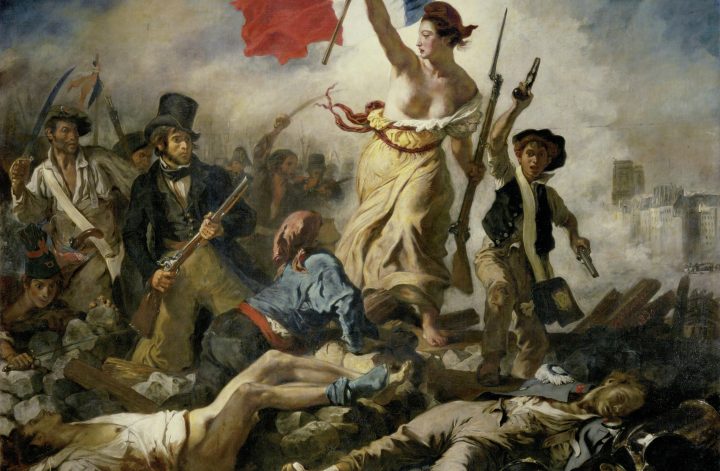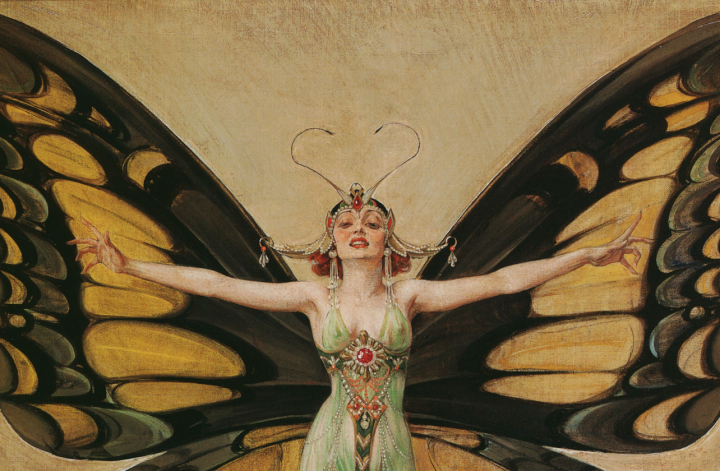By Suhani Awadhiya
Written: Aug 4, 2023
Last Updated: Aug 4, 2023
The journey of women’s rights has been a complex and arduous one, characterized by persistent struggle and remarkable progress. From the dawn of civilization to the present day, women have fought tenaciously against patriarchal structures and discriminatory practices to assert their rightful place in society. This essay will trace the historical timeline of women’s fight for their rights, highlighting significant moments and examining the global nature of their struggles.
In ancient civilizations, women often faced severe restrictions and were relegated to subordinate roles. However, even in these early periods, glimpses of resistance and empowerment emerged. In ancient Mesopotamia, Enheduanna, a Sumerian priestess, became the first recorded poet and author in history, defying societal norms and leaving a lasting literary legacy. Similarly, in ancient Egypt, women like Hatshepsut and Cleopatra rose to positions of power, challenging traditional gender roles and illustrating women’s ability to lead. It is important to mention that the medieval and Renaissance periods witnessed both regression and progress in women’s rights. In Europe, women were largely confined to domestic roles and denied educational opportunities. However, courageous women such as Joan of Arc demonstrated exceptional bravery and leadership. The Renaissance brought about a cultural shift, allowing women to participate in intellectual and artistic pursuits. Figures like Christine de Pizan, a French writer, became advocates for women’s rights, demanding equality and recognition for their talents.
The Age of Enlightenment in the 18th century sparked a philosophical revolution that challenged established social norms. Prominent thinkers like Mary Wollstonecraft argued for women’s education and gender equality. The late 19th and early 20th centuries saw the rise of the suffrage movements worldwide, with women campaigning tirelessly for their right to vote. Women such as Emmeline Pankhurst in the United Kingdom and Susan B. Anthony in the United States became iconic figures, leading protests and mobilizing support for the cause.
While the suffrage movements were prominent in Western countries, women’s rights struggles were not confined to these regions. Across the globe, women fought for their rights in diverse contexts. In India, Rani Lakshmibai, the Queen of Jhansi, spearheaded the Indian Rebellion of 1857 against British colonial rule, symbolizing women’s resistance and resilience. In China, Qiu Jin challenged traditional gender roles, advocating for women’s education and liberation from oppressive practices. These examples illustrate the universality of the women’s rights movement and the determination of women worldwide. The 20th century marked the rise of feminism as a collective movement advocating for gender equality in all spheres of life. The fight for reproductive rights, equal pay, and an end to gender-based violence gained momentum. The United Nations established the Convention on the Elimination of All Forms of Discrimination Against Women (CEDAW) in 1979, providing a framework for global action. However, challenges persist, with women continuing to face gender-based violence, wage gaps, and underrepresentation in leadership roles.
The history of women’s rights is a testament to the strength, resilience, and unwavering determination of women across time and continents. From ancient times to the modern era, women have fought for their rights, challenging societal norms and demanding equality. Significant moments, such as the suffrage movements, global struggles, and the rise of feminism, have paved the way for progress. Yet, it is essential to acknowledge that the fight for women’s rights is far from over, as gender inequalities still persist in various forms. By recognizing and amplifying women’s voices, advocating for policy changes, and fostering an inclusive society, we can continue to advance the cause of women’s rights and create a more equitable world for all.
Citations
Canada, W. and G. E. (2021, April 14). Government of Canada. Women and Gender Equality Canada. https://women-gender-equality.canada.ca/en/commemorations-celebrations/womens-history-month/women-history-canada-timeline.html
Encyclopædia Britannica, inc. (2023, June 13). Lakshmi Bai. Encyclopædia Britannica. https://www.britannica.com/biography/Lakshmi-Bai
Encyclopædia Britannica, inc. (2023b, June 20). Women’s Rights Movement. Encyclopædia Britannica. https://www.britannica.com/event/womens-movement
Mark, J. J. (2023, July 11). Enheduanna. World History Encyclopedia. https://www.worldhistory.org/Enheduanna/
Mark, J. J. (2023, July 31). Hatshepsut. World History Encyclopedia. https://www.worldhistory.org/hatshepsut/
Timeline: Women of the world, unite!. UN Women | Timeline. (n.d.). https://interactive.unwomen.org/multimedia/timeline/womenunite/en/index.html#/



